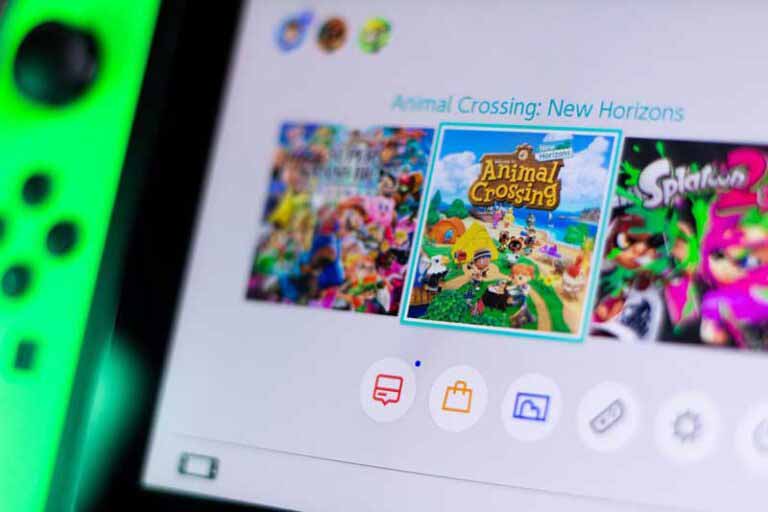The Federal Communications Commission (FCC) recommends speeds of at least 4 Mbps for gaming, but as with all things, more is better.
Luckily, the three big satellite internet providers in the US offer faster speeds than that. Hughesnet connects you at up to 100 Mbps. Viasat internet goes up to 150 Mbps—a speed that rivals cable internet. Finally Starlink can go up to a blazing 220 Mbps.
Regarding data caps, Starlink, Viasat, and Hughesnet advertise “unlimited” data. But the reality is that they can still slow your speed after you use too much. They typically don't cut you off completely; these providers slow you down to a snail's pace.
Viasat offers "unlimited data" but still has a soft cap of 850 GB within 30 days, which they claim is standard usage. It's not guaranteed, but if you reach that threshold, Viasat may slow you down to conserve bandwidth for other customers. You can download and play as much as you like, to a limit. Using too much in a month means you risk being deprioritized by the network.
Hughesnet, on the other hand, caps your data at 100GB to 200GB each month. If you go over that data cap, your speeds will slow to about 1 to 3 Mbps until the billing cycle ends. Hughesnet allows you to purchase additional data when you run out, but it can add up to a lot if you use lots of data.
Starlink provides unlimited high-speed data at the best possible speeds, depending on your area's network congestion. Like Viasat, Starlink will slow down customers that use extraordinary amounts of data. Starlink does offer priority data plans for its top speeds no matter where, but they're pricy and typically marketed to businesses.
You might be surprised to learn that gaming online doesn’t use much data. Playing online games uses only 34 MB of data per hour, making it a reasonably low-data activity. Browsing the internet, for example, uses 184 MB per hour, and streaming video content in 4K uses a walloping 6.7 GB per hour. It would take you 197 hours of gaming to use up the same amount of data you’d use in streaming one hour of 4K video streaming.
However, downloading games can take up a lot of data. Downloading the game Red Dead Redemption 2 will use 150 GB. Yikes! Games like Animal Crossing are much smaller (Animal Crossing is 6.2 GB), but if you’re gaming on a satellite connection with 100 or 200 GB of data per month, it’s easy to see how downloading games will cost you.
On a satellite connection, downloading a few games could use up a month’s worth of data. Because downloading games eats up so much data, we always recommend buying a physical copy of a game if you can.
If you have multiple gamers in your household (or even if some housemates stream while you game), you'll want higher bandwidth from Starlink or Viasat.
If it’s just you gaming, Hughesnet’s 50 Mbps speeds are more than enough.
One thing to note is that your internet speed won’t affect your lag since latency is based on distance and not speed.
Even so, data caps and speed are still worth considering when you decide on a satellite internet plan. If you hit your data threshold, your internet speed will slow down enough to be too slow for gaming.
Despite decent download speeds, latency is an inescapable factor with satellite internet, no matter how fast your connection is. But getting more data at once with a higher speed will help downloads go faster. That’s why speed still matters.



